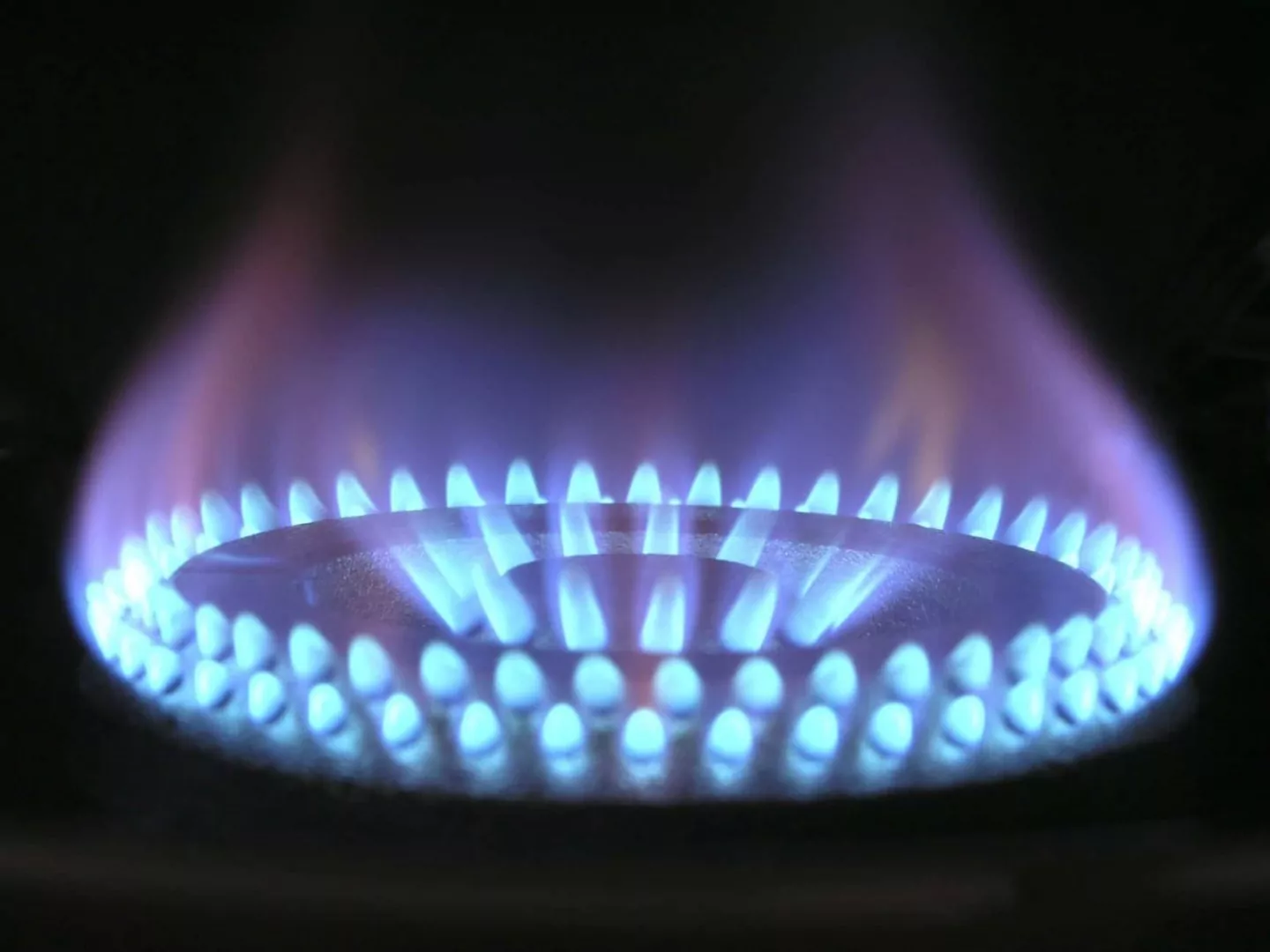More than half of Romanians do not want to change their current energy supplier, according to the Energy Security Barometer, conducted by INSCOP Research in June 2021.
Urmărește mai jos producțiile video ale Economedia:
- articolul continuă mai jos -
Thus, only 36.4% of Romanians consider the possibility of changing their current natural gas supplier (out of the total number of households connected to the natural gas network), while 57.8% reject this possibility. 5.6% do not know or did not answer this question. Those who are considering the possibility of changing their current natural gas supplier are mainly people white-collar with higher education.
Only 40.2% of those surveyed consider the possibility of changing their current electricity supplier, while 53.7% reject this possibility, and 4.8% say they do not know, 1.2% are not connected to the network, 0.2% did not answer. Those who are considering changing their current electricity supplier are mainly people with higher education, white-collar workers, and people in the western regions of the country.
According to the Intelligent Energy Association, the data is the answer to the behavior of suppliers and one of the many answers to the question “why the price of gas and electricity increases.”
It is also important that 66.8% of Romanians have a good opinion about the European Green Pact proposed by the European Commission through which EU member states are committed to reducing pollution. Even if one of the objectives of the “European Green Pact” is to give up vehicles powered by internal combustion engines (gasoline, diesel) for vehicles powered by electric or hydrogen engines, 63.6% of Romanians say they have a good opinion of these standards.
Also, 61.5% of respondents believe that the state should subsidize with adequate amounts only vulnerable low-income consumers (a percentage similar to that of June 2020, 62.3%) while 34.9% believe that the state it should subsidize all consumers in small amounts, regardless of the income they earn; 3.6% is the percentage of non-responses.
In the context of the economic consequences caused by the coronavirus epidemic, 82.3% of respondents (compared to 73.6% in June 2020) believe that large investment projects of private energy companies should be encouraged by the Romanian state, 13.9% (compared to 20% in June 2020) believe that large investment projects of private energy companies should be postponed by the Romanian state, and 3.8% do not know or do not answer.
The majority of the population (65.9%) believe that Romania should develop its capacity to produce nuclear energy, while only 26.3% oppose this idea. I don’t know/don’t answer 7.7%.
63.2% of Romanians have a good opinion about the agreement concluded by Romania with the USA for the modernization of the Cernavoda nuclear power plant and the construction of two new reactors, while 26.3% have a bad opinion. I don’t know or I don’t answer 10.5%.
86% of Romanians agree with the exploitation of natural gas reserves on the Romanian Black Sea coast (up from 78.9% in June 2020), 12.7% disagree, and 1.3% do not know or do not answer.
Informing them that the currently exploited gas reserves are rapidly declining, and Romania risks becoming dependent on gas imports, 55.7% of those who initially expressed their disagreement with the exploitation of natural gas from The Black Sea are changing their minds and believes that the state should still exploit these resources, while 40.3% maintain their disagreement, and 4% do not know or do not answer.
Unlocking the Black Sea gas exploitation projects to help relaunch the Romanian economy affected by the coronavirus epidemic is appreciated by 93.8% of respondents as very important (61.2%) and important (32.6%). Only 2.3% of those surveyed consider the unblocking of offshore projects unimportant, and 1.6% not at all important. 2.3% didn’t know/didn’t answer.
Asked who would benefit if the gases discovered in the Black Sea will NOT be exploited in the coming years, 45.2% of respondents mention Russia (compared to 35.5% in June 2020), 18.7% Romania (level similar to June 2020), 13.3% Europe, 7.4% USA (similar to June 2020). 15.5% do not know or do not answer.
Regarding the advantages of exploiting the Black Sea gas, 27.5% of Romanians believe that they would help more the development of the Romanian economy, 46.8% believe that it would help both the development of the Romanian economy and the increase of companies’ profits involved 16.4% that it would only help increase the profit of the companies involved and 3.9% that it would not help anything. The percentage of non-responses is 5.4%.
Please take into account the fact that “at this moment, more than half of the homes in Romania are not connected to the natural gas network, and the extension of the network involves high costs”, the respondents were asked if they agree to the state to support financially extension of the natural gas network ”. 95.8% answered in the affirmative, 3.3% in the negative, and 0.9% do not know or do not answer.
In the absence of the necessary financial resources and technology, 58.5% of those surveyed (compared to 48.7% in June 2020) believe that the Romanian state should adopt a level of taxation similar to the European average to encourage private companies to invest in the operation Black Sea gas. 31.4% (compared to 32.6% in June 2020) believe that the Romanian state should maintain the current level of taxes, even if in this way private companies will no longer invest in the exploitation of Black Sea gas. The percentage of non-responses is 10%.
In fact, “Exploitation of natural gas from the Black Sea for the expansion of gas supply to the population and economic development” is considered the most important energy project receiving a grade of 1 from 34.6% of respondents (obtaining an average of 1, 81). But it is important to point out that it is in a position similar to the desire of Romanians to develop the renewable energy sector (solar panels, wind energy / windmills), appreciated as a priority of 34.2%.

 Sursa foto: Pexels
Sursa foto: Pexels





























